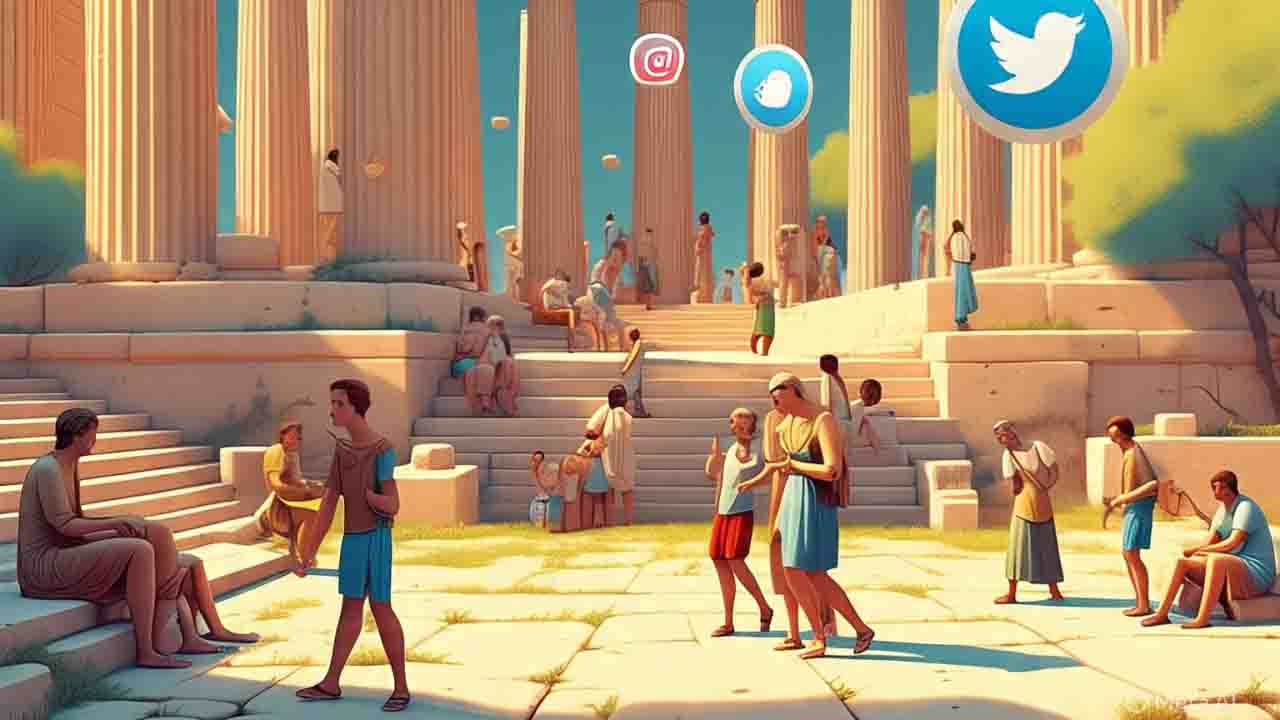
Arcadiadaily – Social Media Becoming a modern public square is no longer just an idealistic theory it’s a reality that is gradually taking shape. A recent essay published by Financial Times suggests that social media platforms are beginning to resemble the ancient Greek agora: a space for open dialogue, civic engagement, and collective debate. Once criticized for fueling polarization, these platforms are now showing signs of evolving into tools that support rather than hinder democracy.
Social Media Becoming a key instrument for free speech is particularly evident in nations where traditional media is censored or heavily regulated. In these regions, platforms like X (formerly Twitter), Facebook, and Instagram have become vital for sharing uncensored information, organizing grassroots movements, and holding power to account. Despite the risks of misinformation and echo chambers, these networks often serve as the only digital stage for public discourse.
“Chip Crunch: Why Modern Diesel Engines Are Stalling”
Yet the shift isn’t automatic it’s being shaped by how communities, platforms, and regulators respond to today’s challenges. And that brings us to the biggest test of all: content moderation.
Social Media Becoming a reliable forum for democracy depends on one core issue: transparency in moderation. Without fair and open systems for filtering harmful or misleading content, platforms risk swinging between chaos and censorship. Calls are growing louder for major platforms to adopt more democratic forms of governance such as community-based moderation. External audits, and localized standards.
The paradox is clear: to protect freedom, some rules are necessary. But who makes them, and how, will define the future of digital discourse.
Social media still has flaws, but many now see it actively evolving into a new-age agora. With smarter moderation, greater transparency, and a commitment to civic dialogue. Platforms can rise above their flaws and truly serve the public good. The question remains: will they choose to?
“Old but Gold: Classic Writing Tools Still Worth”